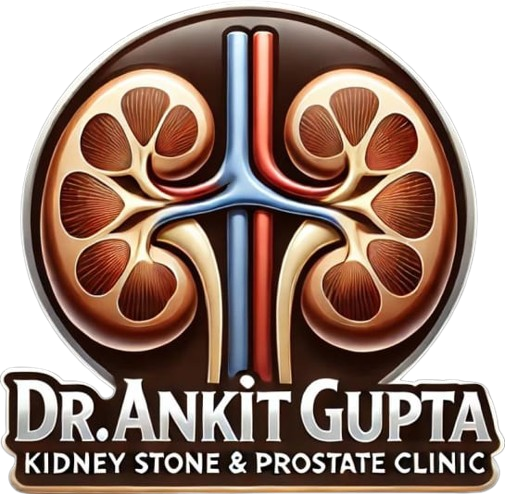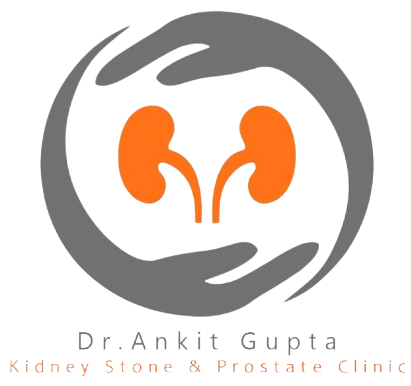endourology
Home > endourology

endourology
Endourology is a subspecialty of urology that focuses on diagnosing and treating urinary tract conditions using minimally invasive techniques. This approach involves inserting small, flexible instruments equipped with cameras, such as endoscopes, through natural body openings like the urethra, eliminating the need for large incisions. Common procedures include cystoscopy, ureteroscopy, and nephroscopy, which are utilized to manage issues like kidney stones, bladder tumors, and ureteral obstructions. The primary advantages of endourology are reduced recovery times, minimized discomfort, and lower risks of complications compared to traditional open surgeries
RIRS: A Modern Approach to Kidney Stone Treatment
Retrograde Intrarenal Surgery (RIRS) is a minimally invasive procedure used to treat kidney stones, particularly those located in challenging or hard-to-reach areas. Unlike traditional open surgery, RIRS involves no external incisions. A flexible ureteroscope is inserted through the urinary tract to access the kidney, where a laser is employed to fragment the stone into small pieces. These fragments are then either removed or allowed to pass naturally through urine.
The advantages of RIRS include reduced postoperative pain, shorter recovery times, and a lower risk of complications such as infection or bleeding. It is particularly beneficial for patients with complex stone locations, those on blood thinners, or individuals with anatomical abnormalities. Additionally, RIRS is effective for treating stones that have not responded to other treatments like extracorporeal shock wave lithotripsy (ESWL).
Know More
About Endourology
-
 Symptoms
Symptoms
-
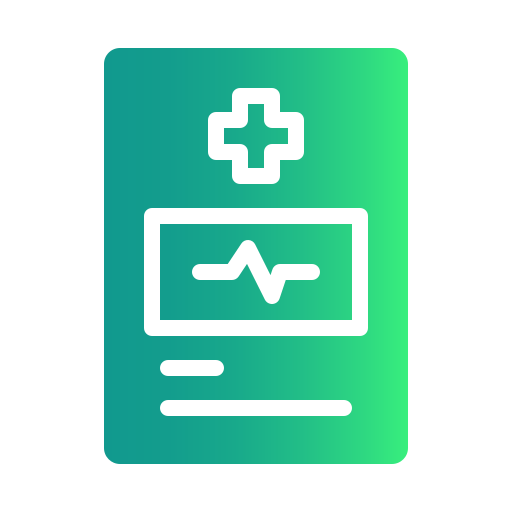 Diagnosis
Diagnosis
-
 How We Perform
How We Perform
-
 Why Is Treatment Needed?
Why Is Treatment Needed?
-
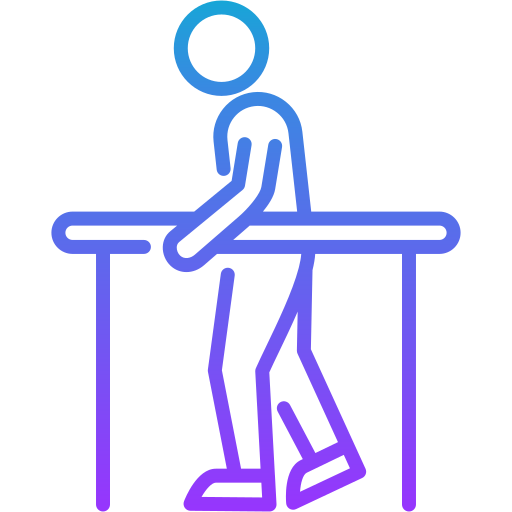 Treatment
Treatment
-
 Rehabilitation
Rehabilitation
-
 Prevention
Prevention
Patients may experience:
Severe flank or abdominal pain
Hematuria (blood in urine)
Frequent urination or urgency
Painful urination
Nausea or vomiting
Fever or chills (indicating possible infection)
Diagnosis involves:
Urinalysis to detect blood or infection
Imaging tests like ultrasound, CT scan, or MRI
Cystoscopy to visualize the bladder and urethra
Ureteroscopy for inspecting the ureters and kidneys
Urine culture to identify bacterial infections
How We Perform Endourology Procedures
Endourological procedures are minimally invasive and include:
Cystoscopy: Inserting a thin tube with a camera into the bladder through the urethra.
Ureteroscopy: Using a flexible scope to examine the ureters and kidneys.
Percutaneous Nephrolithotomy (PCNL): Removing large kidney stones through a small incision in the back.
Laser Lithotripsy: Using laser energy to break kidney stones into smaller pieces.
Extracorporeal Shock Wave Lithotripsy (ESWL): Using sound waves to fragment stones .
Untreated urological conditions can lead to:
Chronic pain
Urinary tract infections
Kidney damage or failure
Recurrent stone formation
Bladder or kidney obstruction
Early intervention through endourology can prevent these complications.
Treatment options include:
Medications: Pain relievers, antibiotics for infections, and medications to facilitate stone passage.
Minimally invasive procedures: As mentioned above, tailored to the specific condition.
Surgical interventions: In cases where non-invasive methods are ineffective.
Post-procedure care involves:
Pain management: Using prescribed medications.
Hydration: Drinking plenty of fluids to flush out the urinary system.
Dietary modifications: Reducing salt intake and consuming a balanced diet to prevent stone formation .
Avoiding strenuous activities: Refraining from heavy lifting and vigorous exercises during recovery.
Regular follow-ups: Monitoring progress and detecting any complications early.
Preventive measures include:
Staying hydrated: Drinking sufficient water daily.
Dietary adjustments: Limiting intake of oxalate-rich foods and reducing salt consumption.
Regular exercise: Maintaining a healthy weight and promoting overall well-being.
Monitoring urinary symptoms: Seeking medical advice if experiencing any unusual urinary issues.
Prophylactic antibiotics: In certain cases, to prevent infections .
WHY US?
Why Choose Dr. Ankit Gupta
At our clinic, Dr. Ankit Gupta offers expert care in urology, kidney transplantation, and andrology. With extensive experience in reconstructive and microscopic urology, as well as proficiency in laparoscopic and robotic surgeries, Dr. Gupta employs advanced techniques to ensure optimal outcomes and smoother recoveries for his patients.
70,000+
Patients Experience
10,000+
endoscopic surgeries
1000+
Urologic Oncologist surgeries
1000+
Invasive Urology Surgeries
Check Surgery Cost
We believe in transparency. You can enquire about the Surgery Cost and we will help you with complete detailed treatment process till your recovery.
Frequently Asked Questions
Laser Kidney Stone Treatment: A minimally invasive procedure where a laser fiber is used to fragment kidney stones into smaller pieces, which are then removed or passed naturally.
RIRS: A specialized endourological procedure where a flexible ureteroscope is inserted through the urinary tract to access the kidney. A laser is then used to fragment the stone into smaller pieces, which are either removed or allowed to pass naturally.
Laser Kidney Stone Treatment: Typically takes 30–90 minutes, depending on the stone’s size and location.
RIRS: Usually lasts 45–60 minutes, though it may take longer for larger or more complex stones.
Laser Kidney Stone Treatment: Performed under anesthesia, so the procedure itself is painless. Postoperative discomfort is minimal and managed with medications.
RIRS: Also performed under general anesthesia, ensuring a pain-free experience. Mild discomfort and a burning sensation when urinating may occur post-procedure but are typically short-lived.
Laser Kidney Stone Treatment: Most patients can resume normal activities within 1–2 days.
RIRS: Recovery time is generally short, with many patients resuming normal activities within a day.
Laser Kidney Stone Treatment: Potential risks include infection, bleeding, or injury to the urinary tract.
RIRS: Risks are relatively low but can include bleeding, infection, injury to the ureter or kidney, or incomplete stone removal.
Laser Kidney Stone Treatment: Ideal for patients with stones that are accessible and suitable for fragmentation.
RIRS: Recommended for patients with large or complex kidney stones, those who have failed to respond to other treatments, or individuals with anatomical abnormalities.
Laser Kidney Stone Treatment: Yes, the procedure is performed under anesthesia.
RIRS: Yes, general anesthesia is used during the procedure.
Laser Kidney Stone Treatment: Yes, if stones are present in both kidneys, they can often be treated during the same procedure.
RIRS: Yes, stones in both kidneys can be treated together, depending on the patient’s condition.
What Our Patients Say
Based on 160 reviews







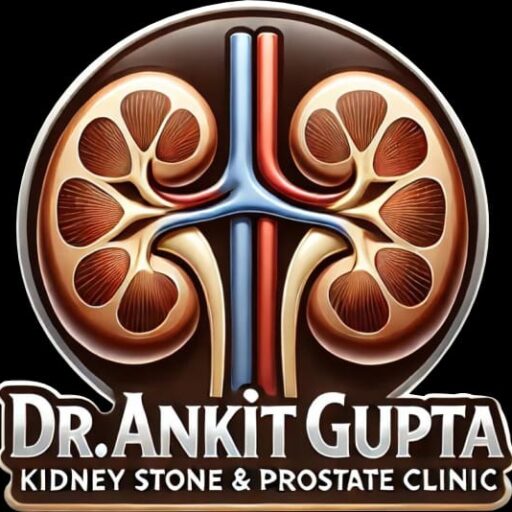
My experience with Dr. Ankit Gupta was very good. He treated my left kidney stone with laser surgery. I was discharged the next day after the surgery. He is the best urologist and kidney stone doctor in Gurgaon. 🙏
Best Regards
Subodh Rathore
